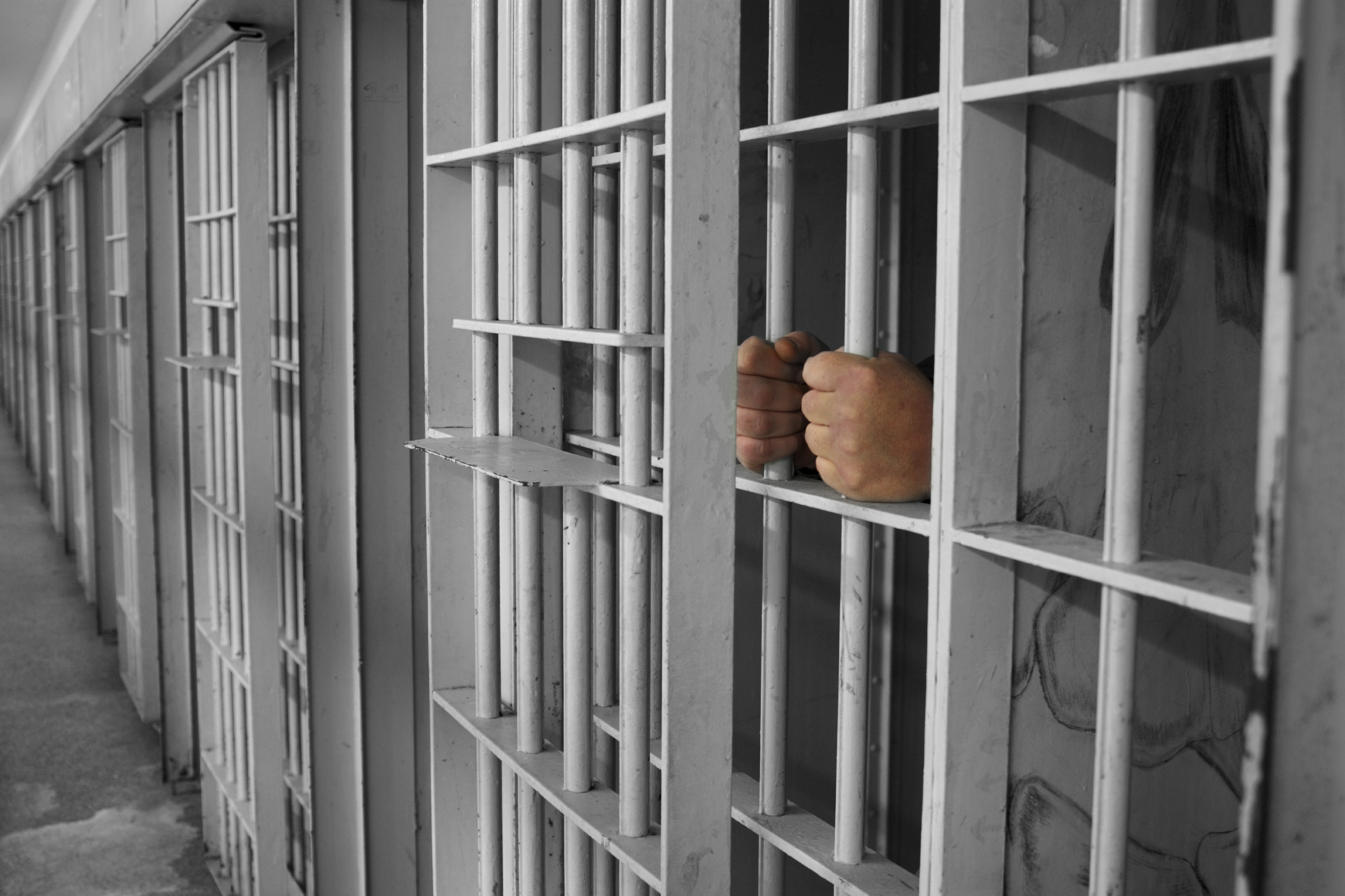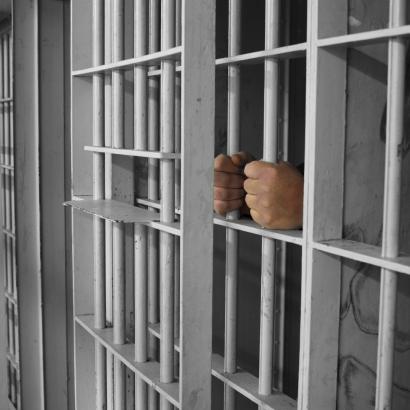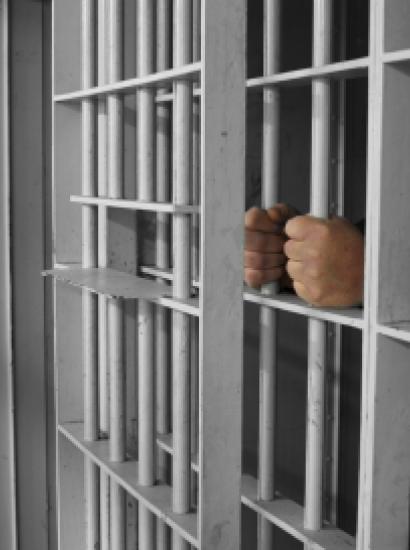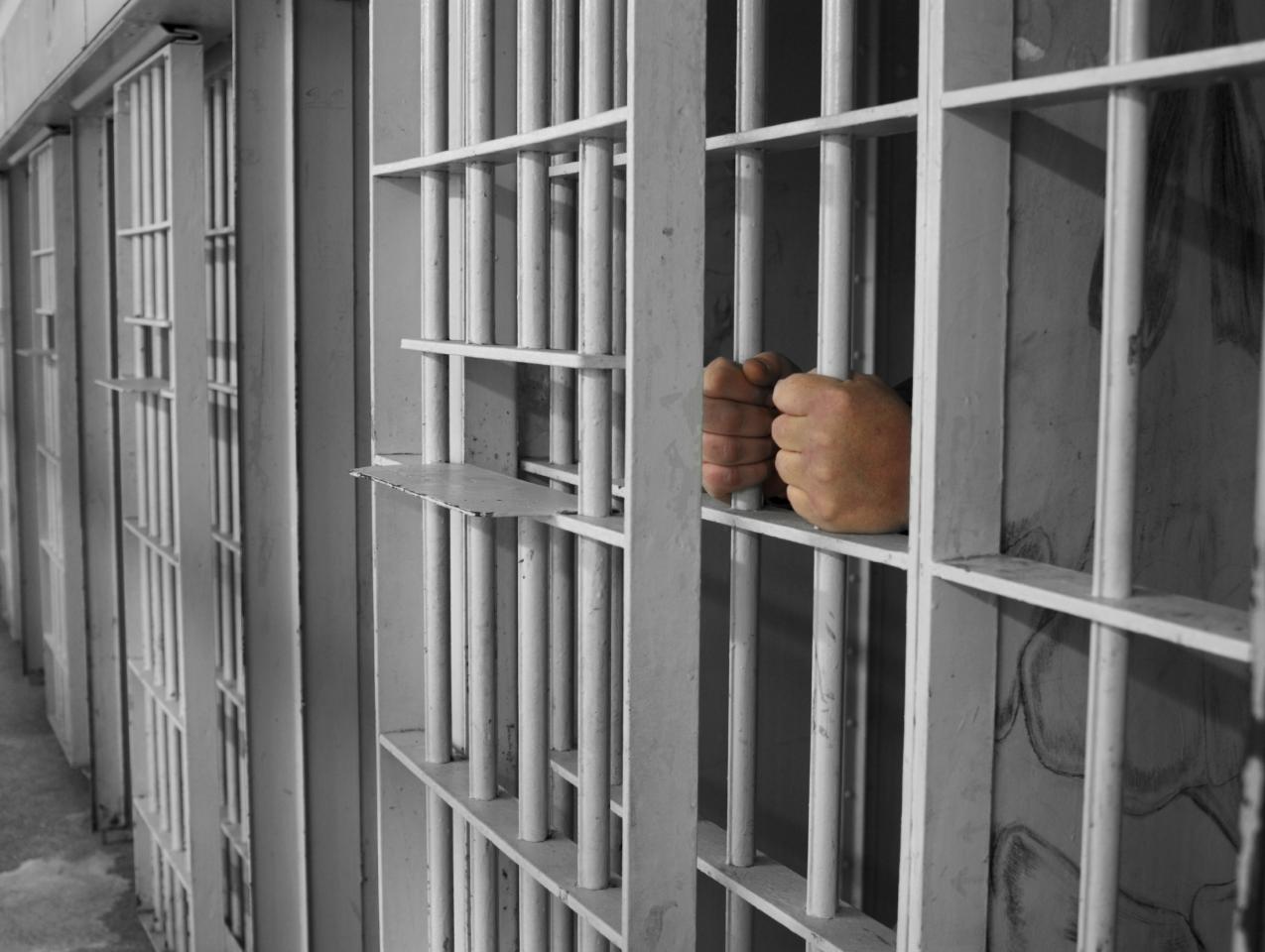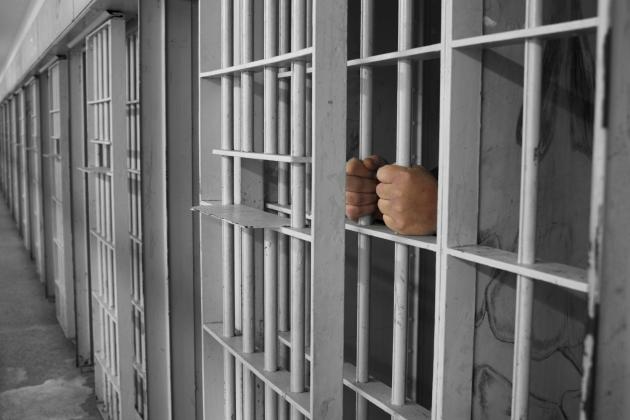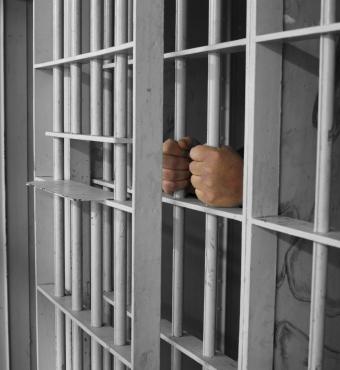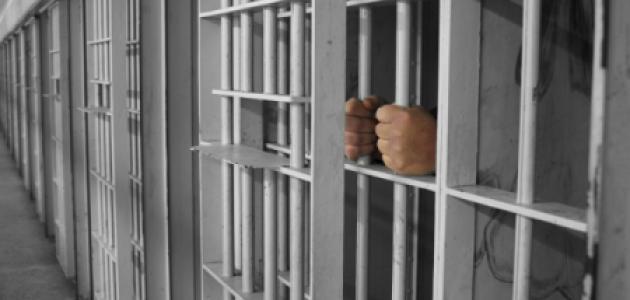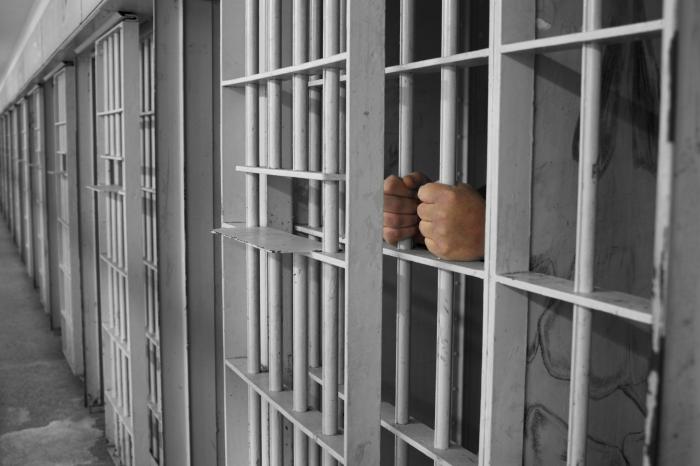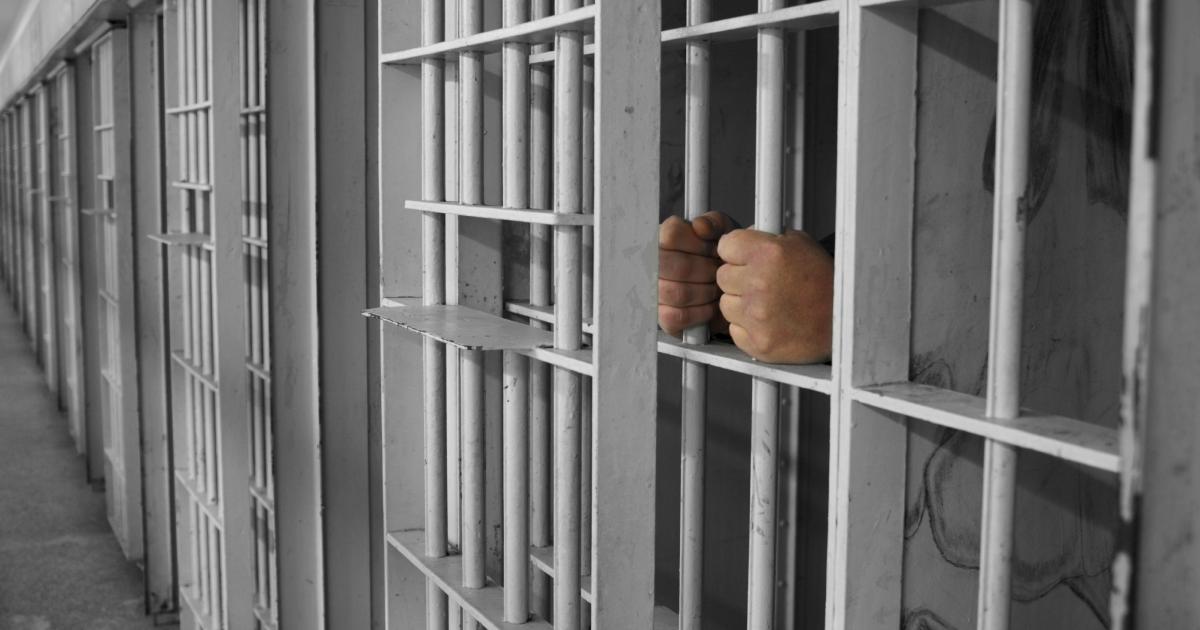- Law & Policy
- Politics, Institutions, and Public Opinion
- State & Local
- California
Now that the recall election is in the rear-view mirror and the California governor enjoys job security for at least another year (if not more, assuming he’s safely re-elected next November), it’s back to business as usual for Gavin Newsom.
In the Golden State of September 2021, that’s meant some actions long on substance (Newsom signing a $15 billion package to fight climate change, wildfires, and drought) and others more along the lines of virtue signaling (Newsom signing a bill replacing the word “alien” in California’s legal code with more politically correct terms like “noncitizen”).
There’s one other matter that Newsom might feel the need to address in the near future—an odd one in that it pertains to events that occurred over a half-century ago yet speaks to the California of present. That matter: whether California’s governor intervenes in the possible release of Sirhan Sirhan, the convicted assassin of Robert F. Kennedy.
Not that Sirhan’s fate is breathing down the governor’s neck. A two-person state Board of Parole hearing panel ruled in late August that Sirhan was eligible for freedom after spending 53 years behind bars for the death of Kennedy, who was slain in the kitchen of a Los Angeles hotel on the same night he captured California’s Democratic presidential primary (Sirhan had previously been denied parole 15 times, most recently in February 2016).
Sirhan’s fate now rests in the hands of the board’s legal staff—and maybe the full board, if it so chooses—which has a 120-day window to review the decision. If they sign off as well, then Newsom has 30 days to reverse the board’s action or let it stand (in an odd historical twist, a federal judge earlier this week approved the unconditional release next year of John Hinckley, who wounded but failed to assassinate Ronald Reagan 40 years ago).
But should the final decision rest with Newsom, Sirhan would seem a prohibitive underdog to see the light of day.
Why so?
Two reasons.
First, Newsom has long worshiped at the altar of RFK, even if he was not quite eight months of age at the time of Kennedy’s murder (during the course of Newsom’s recall victory speech, he went so far as to call Kennedy “my political hero”).
Second, if Newsom should go looking for political cover to justify why Sirhan should remain locked up, he has plenty of it. Six of Kennedy’s eight surviving children have condemned the parole decision, while two of his progeny think Sirhan should be freed.
Then there’s the opinion offered by Ethel Kennedy, RFK’s 93-year-old widow, in a note posted on her daughter’s Twitter feed:
“Bobby believed we should work to ‘tame the savageness of man and make gentle the life of the world.’ He wanted to end the war in Vietnam and bring people together to build a better, stronger country. More than anything, he wanted to be a good father and a loving husband.”
She added: “Our family and our country suffered an unspeakable loss due to the inhumanity of one man. We believe in the gentleness that spared his life, but in taming his act of violence, he should not have the opportunity to terrorize again.”
And for good measure—and in the widow’s own handwriting: “He should not be paroled.”
Should Newsom decide to reverse the parole board’s decision and keep Sirhan locked up, he could borrow from that statement liberally (pun intended).
With most things Kennedy-related, it’s easy to get distracted, RFK being no exception. On the one hand, he’s a martyred voice for addressing the nation’s shortcomings. Yet in a previous political incarnation, Robert Kennedy’s often described as “ruthless” in the pursuit and exercise of power and in defending his brother’s political interests.
As with John F. Kennedy’s assassination, conspiracy theorists have tried to debunk the notion that Sirhan was the lone gunman that fateful night (Kennedy’s namesake son believes there was a second shooter).
There’s also the mythology of what might have been had Kennedy advanced to the Democratic National Convention in Chicago later that summer. Here, it’s not so certain that RFK could have secured his party’s nomination much less have won the presidency (one theory: Kennedy would have rolled up minority votes while losing those of blue-collar Whites, as did Hubert Humphrey).
But let’s think differently—what Sirhan’s prison saga says about the California of present.
First, there’s the question of the uncertain future for California’s death penalty. Sirhan was sentenced to death by a California court in April 1969. But when California’s Supreme Court deemed capital punishment to be unconstitutional roughly three years later, his sentence was reduced to life with the possibility of parole (there was no “life without parole” provision at the time). Not long after the court’s action, California voters amended the state’s constitution to maintain the death penalty.
Fast-forward to today. Early into his gubernatorial tenure, Newsom placed an executive moratorium on California’s death penalty and ordered the closure of the state’s executive chamber at San Quentin State Prison. Newsom’s rationale: “Premeditated, state-sponsored executions . . . I cannot sign off on executing hundreds and hundreds of human beings, knowing among them are people who are innocent.”
Fair enough, but how would Newsom process capital punishment if, as what befell RFK in 1968, a modern-day political icon was murdered in his state?
The second curious aspect of Sirhan’s possible release: the pushback against his parole comes after years of Californian Democratic leadership’s bemoaning tougher sentencing laws and championing reform measures that either reduced the severity of criminal punishments or granted prisoners early release.
That “softening” of criminal justice has had consequences—in California, rises in the rates of gun violence and retail theft that Newsom can relate to personally, as a San Francisco outlet of the Plumpjack wine business he founded has been repeatedly burglarized this year.
There’s evidence that crime concerns California’s governor—at least when it pertains to his political survival. During the recall election, Newsom straddled a political line by calling for more enforcement while at the same time denouncing tougher laws of the past (“We’ve got to hold folks to account, but we’ll do it in a thoughtful and judicious way,” Newsom said during a July news conference. With this caveat: “We’re not going back to the way things were in the ’80s and ’90s, at least not while I’m here.”)
Maybe that doesn’t apply to Sirhan, as his story precedes the aforementioned “’80s and ’90s” and the harsh sentencing laws that Newsom detests.
Or perhaps the calculation changes when the crime is the killing of a both a politician and a political ideal.
Either way, how interesting it will be should one high-profile California prisoner stay behind bars for what likely will be the remainder of his life, while other inmates walk out of prison—and still other offenders don’t do time.







